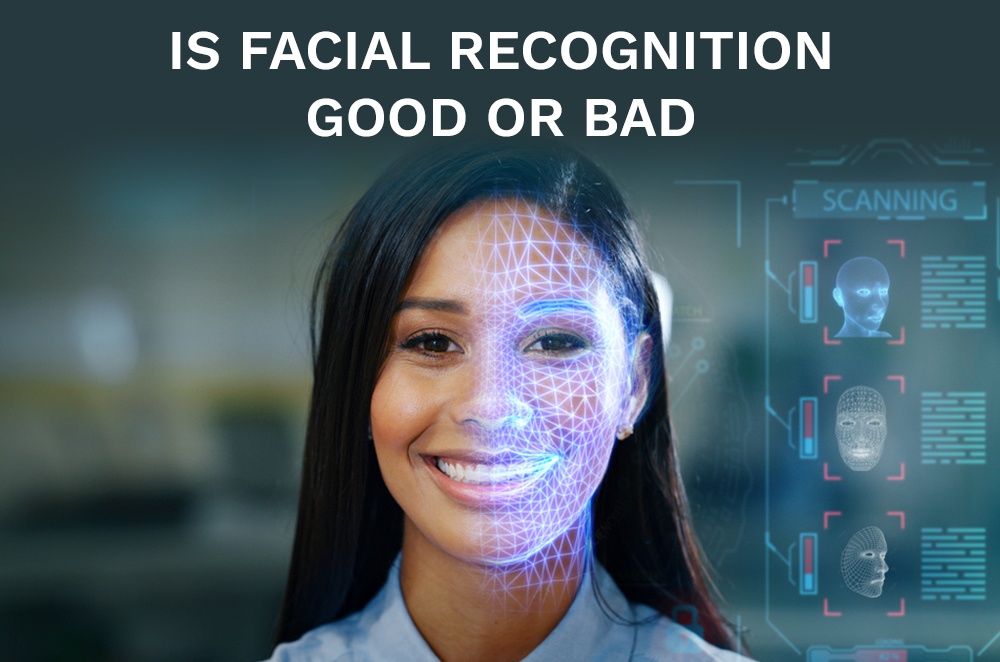Is Facial Recognition Good Or Bad

Facial recognition technology is a hot topic, currently attracting heated debates worldwide and a decision we will probably have to make well into the future. On the one hand, facial recognition technology is seen as highly efficient. It is fast and supposedly objective in performing tasks. Then on the flip side, there is a concern that the biases and inaccuracies inherent in these facial recognition systems might lead to discrimination and jeopardize fundamental human rights, such as our freedom to protest against measures we disagree with and a loss of privacy.
To offer our opinion on this topic, the experts at Omaha Security Solutions have put together some of the pros and cons of facial recognition technology. We hope this article educates and helps put your mind at ease.
Pros of facial recognition technology
Face recognition is an innovative new technology that has already made our lives more convenient. For example, instead of having to bother entering a password into our phone, our faces are enough to verify who we are. Similarly, in the near future, with this technology, we won’t need to show our ID at airports or train stations as facial recognition systems let people pass just by scanning their faces without using a ticket or an ID card, considerably streamlining the whole process.
Another argument is that facial recognition helps ensure security as biometrics which are biological measurements or physical characteristics, they provide increased levels of assurance that a person trying to access a service or make a transaction is real. Additionally, law enforcement and those favoring facial recognition argue that it allows the police to track down suspects more quickly.
Cons of facial recognition
When it comes to facial recognition technology, there are many cons. Some are wrongly perceived, and others very real. First, facial recognition technology intrusively acquires some of our most personal data, and because our data belongs to us, we should have the right to know when personal information is obtained about us and for which purpose.
Second, knowing that we can be easily identified can lead us to self-censor for fear of negative consequences. For example, people who know that they will be identified and placed in a database for showing up at a protest may be put off attending, curtailing their freedom of speech, and nullifying their voice.
Third, our biometric data might be stored in a range of databases, whose security measures might be inadequate and actually increase the risk of identity theft through data leaks. And finally, that the technology will be used against already marginalized individuals and communities that are already over-policed.
The bottom line
The implementation of facial recognition technology means more data and analytics can be captured, making more custom and unique experiences for each individual possible. This said, due to facial recognition, our society is going to have to work through some significant challenges to our privacy and civil liberties, and facial recognition is something that needs to be implemented in an intelligent way to make sure that our concerns are dealt with upfront.
At Omaha Security Solutions, we are a leading smart home automation and security system company in Omaha, NE. Joe Citro. Our owner spent six years in the US Navy as an electronics technician, serving in three separate deployments to both the Persian Gulf and the South China Sea. He knows what it means to be operating under extreme pressure and gets the job done right the first time. Some of the services we offer include drone security, CCTV installation, smart home security systems, and home automation. Our services are available to clients across Omaha, Lincoln, and the surrounding areas.
Contact Omaha Security Solutions or visit our website to learn more.